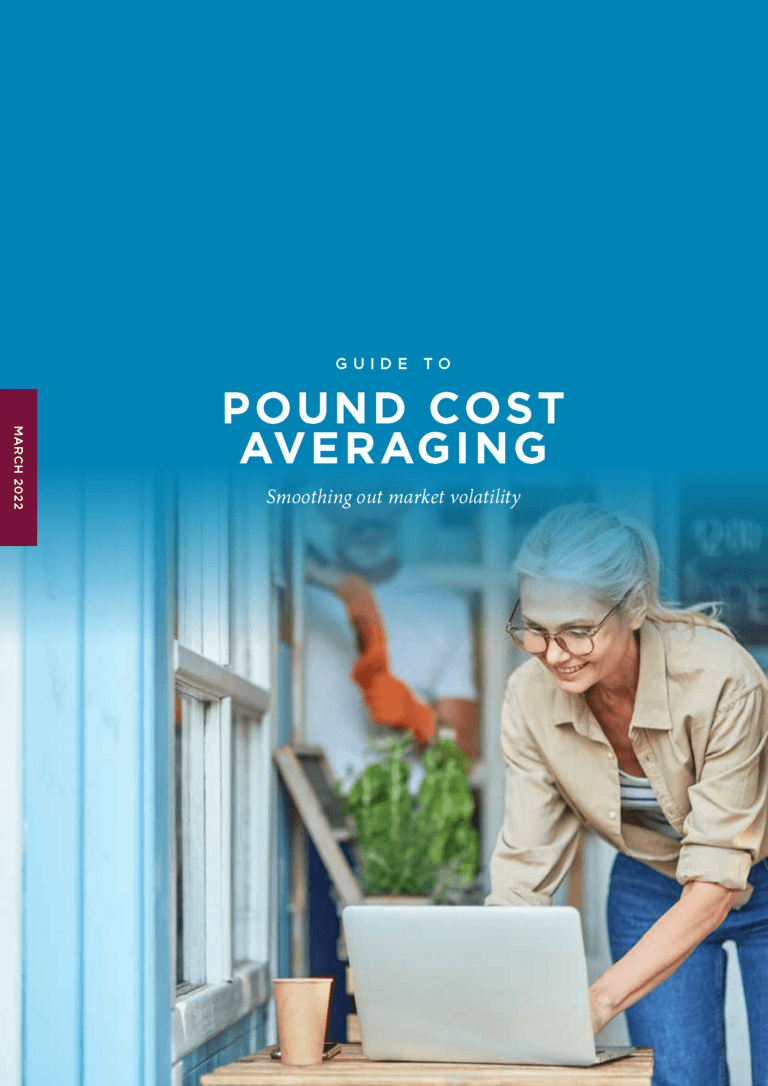How much will it cost to enjoy life in later years?
Long-term care covers everything from residential and nursing homes to home care. It is provided by a range of different organisations, including local authorities, the NHS and private and voluntary organisations. But choosing the right care setting for ourselves or a relative is not something which many of us have experience of.
Paying for care is a prospect that increasingly many of us will need to think about. The cost will depend on a whole host of factors, including the type of care that’s required.
According to new analysis, the average weekly cost of private residential care in Great Britain is £848[1]. However, the data indicates a significant difference in care costs at a local level, varying by more than £800 a week across the country – that’s £41,600 a year.
Family member
Knowing what care you or a family member may need, and how to find it, isn’t easy. Some 1.3 million older people request care each year, but only around 700,000 are receiving it[2]. As the number of over 80s steadily rises, demand is only set to increase, highlighting the need for more innovation from public, private, charity and social enterprise sectors to make the choices families face easier to navigate.
Very few families plan their finances to take into account later life care. On average, people can expect to pay more than £800 a week for private residential care, which is more than double the average weekly income for people in retirement (£320), according to the Department for Work & Pensions[3].
Expensive costs
Care can be one of the more expensive costs someone will encounter in their life. It’s important for people to obtain advice so that they are aware of the cost implications and benefit options for residential care particular to their area, so that they can then realistically plan ahead and anticipate how much they need to have set aside.
If you are living in an expensive location, such as London, for instance, you need a lot more money to fund care and the risk of running out of money is much higher. Even in many of the least expensive locations for residential care in Britain, there is a disparity between the cost of private care and the local council paid fee. On average, there is a £229 difference in this figure across Great Britain.
Long-term care strategy
As people live longer, the need for long-term care planning becomes more of a ‘when’ than an ‘if’ situation. By having a long-term care strategy in place earlier, you’ll be better prepared for the tough financial, emotional and administrative decisions you and your loved ones may need to make.
The reality is that there is no national system of long-term care. It is a complex process that can be very different for individuals based on a number of factors, such as their benefit entitlements or health needs.
Source data:
[1] Average care home fees by Council with Adult Social Services Responsibilities (CASSR) for OLDER PEOPLE (65+) AND DEMENTIA 2019/20
[2] https://www.legalandgeneralgroup.com/media/18159/1263642-green-paper_aw_web.pdf
[3] https://www.ifs.org.uk/publications/15212
Content of the articles featured in this publication is for your general information and use only and is not intended to address your particular requirements or constitute a full and authoritative statement of the law. They should not be relied upon in their entirety and shall not be deemed to be, or constitute advice. Although endeavours have been made to provide accurate and timely information, there can be no guarantee that such information is accurate as of the date it is received or that it will continue to be accurate in the future. No individual or company should act upon such information without receiving appropriate professional advice after a thorough examination of their particular situation. We cannot accept responsibility for any loss as a result of acts or omissions taken in respect of any articles.For more information please visit www.goldminemedia.co.uk








